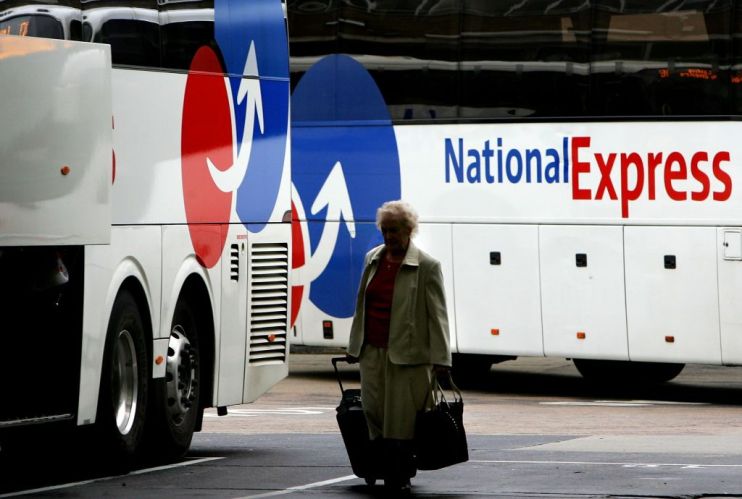National Express believes Stagecoach offer was ‘compelling’ as results improve

Mobility giant National Express said its £445m takeover proposal made to Stagecoach was ‘compelling’ after Stagecoach snubbed it in favour of asset manager DWS.
“We continue to believe that we made a compelling offer for Stagecoach, providing both sets of shareholders with the opportunity to share in the significant value created from both the material synergies of the combination and the future upside of our industry more broadly,” non-executive chairman Sir John Armitt told investors this morning.
“As you would expect, we’re now considering our options. I’m afraid there is not much more that we can say at this point, given the requirements of the takeover code.”
Armitt’s words echoed those of chief executive Ignacio Garat, who told shareholders National Express does not need the deal to “deliver outstanding growth in revenue, profit and free cash flow.”
The comments come as the group said its results improved after the easing of restrictions boosted a 37 per cent recovery in passenger demand. National Express said it will restart dividend payouts for 2022 following the results.
In the year ended 31 December, the group’s EBITDA went up 60.8 per cent, from £186.6m to £300m, while its underlying operating profit grew £137.8m.
Revenue increased to £2.17bn, up 11 per cent on 2020 levels, bringing with it a 14.7p increase in earnings per share.
“I am immensely proud of how the group has responded to the continuing challenges of the pandemic and the improving performance that has resulted,” said Garat.
“I am also grateful for the ongoing support from governments and customers, which is testament to the strength of the relationships that we have built over many years.
“It was very encouraging to see that as restrictions lifted, we saw a rapid recovery in demand for our services and I am delighted to report a return to positive underlying operating profit and free cash flow.”
The group’s Evolve strategy – which aims to make National Express the world’s leader of shared mobility – was on the main drivers behind National Express’s recovery.
Under Evolve, launched in 2021, the firm expects to generate a further £1bn in revenue by 2027 as well as £1.25bn of free cash.
“Mobility restrictions are lifting across our markets and people are travelling again. But we cannot return to ‘travel as usual’ if we are going to meet the pressing needs of COP 26,” Garat added.
“Modal shift is a necessity for the planet (pre-pandemic, cars generated 70 per cent of surface transport emissions in the EU) and good for our business (a 1 per cent modal shift from cars to buses would increase bus passenger journeys by 23 per cent).”
According to Begbies Traynor’s partner Julie Palmer, the merger between the two rivals would have created a £1.9bn powerhouse but now National Express runs the risk of being taken over.
“National Express’s management must now wondering where they can find efficiencies as they face rising costs and a cash-strapped public cutting back on spending,” she said.
“One has to question where they will go next but with plenty of private equity interest in the sector, they could soon find themselves a bid target, rather a bidder.”